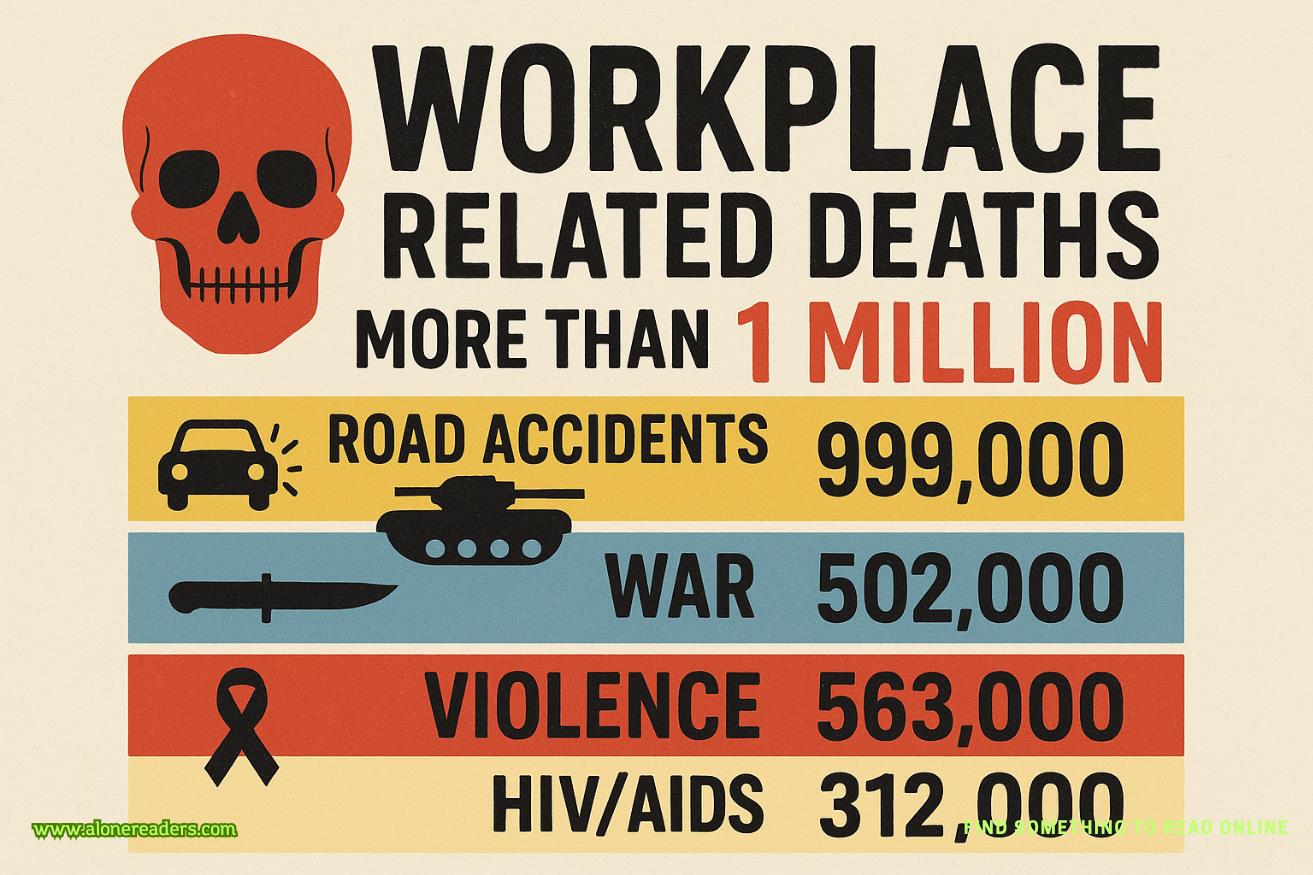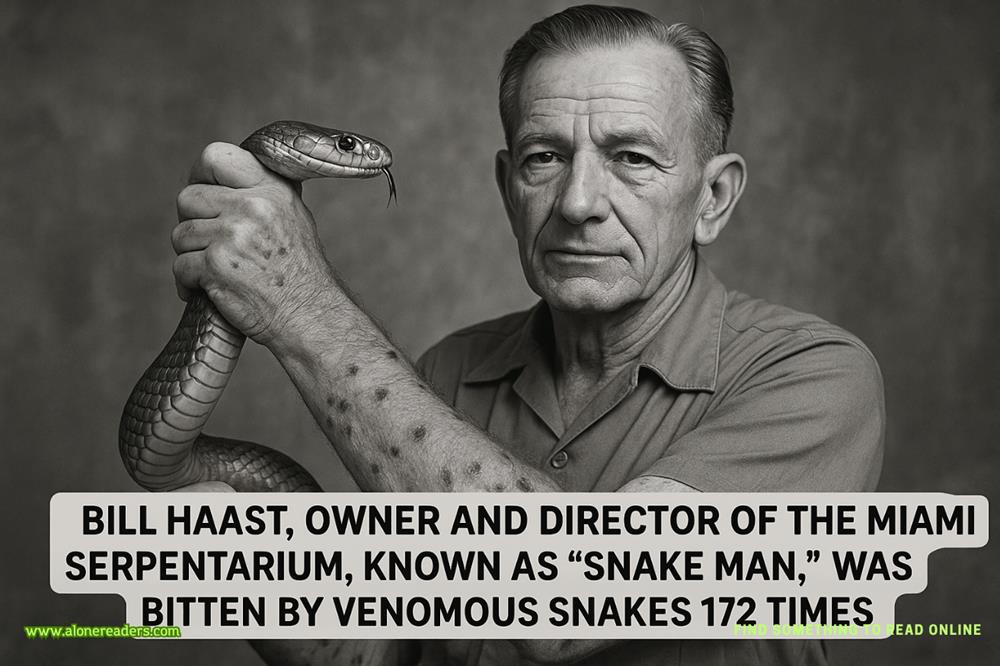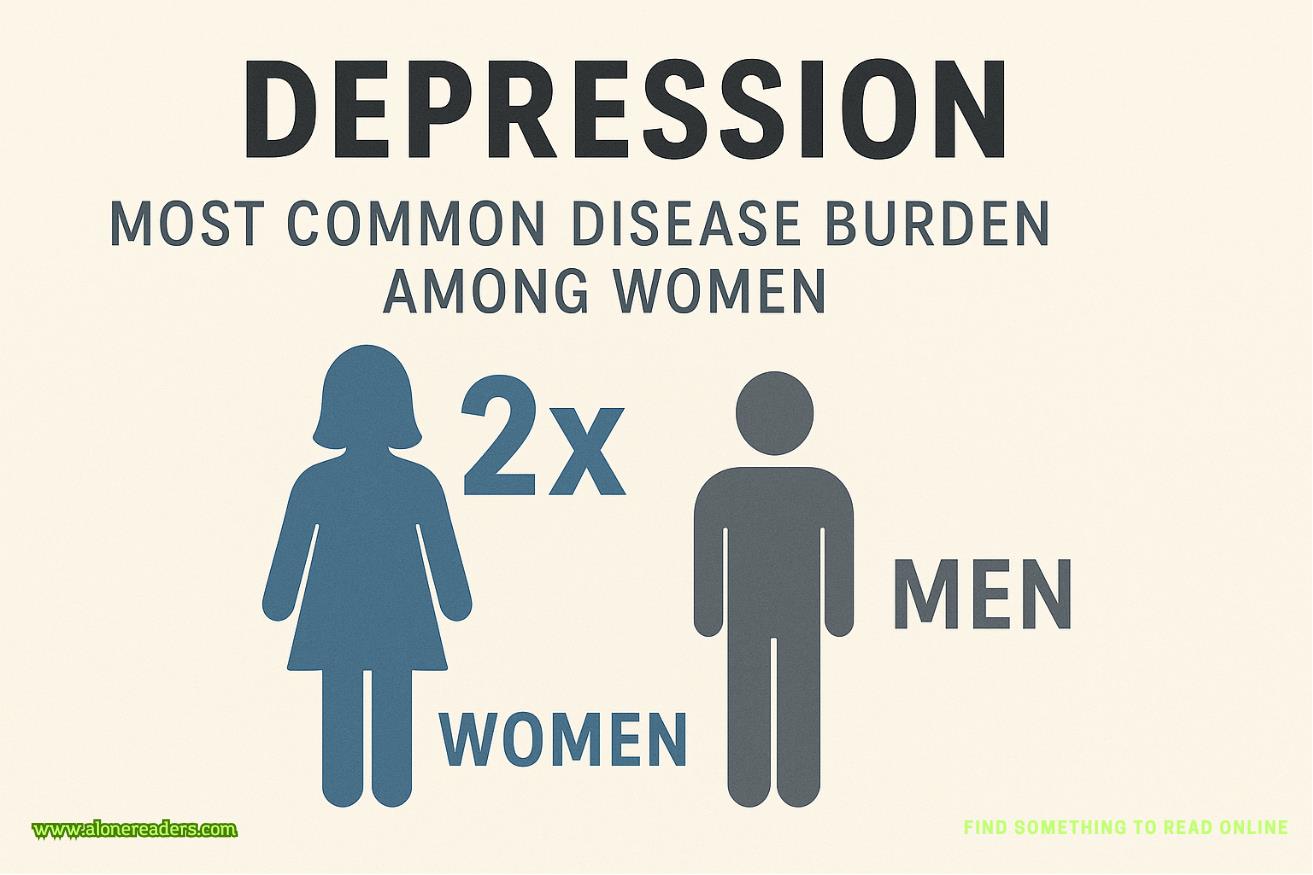7
CONNER
“Take your seats.Phones away. Laptops out only if you are typing notes. If I see anyone texting under the desk, I will assume you are googling how to transfer to a different major.” I slide my briefcase on the desk, and listen to the ricochet of students running to their seats.
Every third semester, I teach two classes.
Forensic Biochemistry and this one: Crime Scene Reconstruction. Upper division electives. Packed with criminal justice majors, pre-med hopefuls, and the occasional misguided soul who thinks true crime podcasts are equivalent to academic rigor.
I wear a very clean, sharply tailored navy suit. No patterns. No distractions. My shirt is always white, my tie is always dark, and my shoes are shined to a mirror gloss. My thin-rimmed black square glasses are cleaned to a hospital grade, and I spend the first class going over the syllabus and thinning out the herd of students who think these classes will produce anything less than perfection.
Against my better judgement, and more of the recommendation of my psychiatrist I still mask the first day of class, as I do every day.
I smile when expected. Nod at the right moments. Laugh when the conversation dips and someone needs a cue to carry on. It's exhausting—keeping track of the expressions, the eye contact, the tone modulation. The pantomime of beingnormal.
I argue that I teach because it’s one of the only roles that allows me tonotpretend. I don't need to charm anyone. I don't need to make friends. Students expect cold. They expect distance. They expect answers delivered with authority, not warmth. I give them exactly what they come for, but Dr.Lynn said the first day is introductory and that meant students expect to bewelcomed.
As I walk across the front of the class I snort at the thought. I didn’t graduate from my undergrad at sixteen from beingwelcomed.I graduated summa cum laude by keeping my head in my books, and being correct --- every single time.
“This is Crime Scene Reconstruction. That means precision, deduction, and memory. If you cannot remember what you wore yesterday or where you parked your car, you do not belong in this class.” I bark.
In both of my classes the males are mostly underdeveloped pricks—swaggering in with oversized egos and no discipline, too used to being loud and unchallenged. The females are more complex. Half of them blush when I call on them. The other half wear short skirts and sit with their legs wide open, as if the power of suggestion might buy them a grade curve.
They normally develop inconvenient crushes.
It never amounts to anything. I grade cleanly. I don’t touch. I don’t encourage. But I see it. In the stares. The body language. The way their voices shift. The infatuation always fades by midterms, when the curve kicks in and I start handing back D’s, and share that I don’tbelievein extra credit.
And that’s fine. I don’t need admiration. I prefer to be ignored. I prefer silence. I prefer methodical practices, and those normally cannot include other people.
Except Landon.
He is the only chaos I can tolerate, though I do often wonder what it would feel like to hold his corpse.
Cold. Quiet. Still. Finally, he’d shut up.I smile as I turn back to the class.
“There are exactly sixty-three of you,” I begin, eyes sweeping the room without expression. “By the end of this semester, fourteen of you will have dropped this class within the next two weeks. Three will become too overwhelmed to attend any longer. Twenty-one of you will get C’s and convince yourselves that C’s are perfectly fine. Twelve will scrape a B minus. Eight will wait too long and get a W, which will require a fifteen-page paper on the logistics of failure.”
I pause, as I swipe a stack of syllabuses out of my briefcase.
“Three of you will get a B plus. One of you will drop out of university and blame me for your failure in life. And only one of you—” I hold up the stack before dropping it on a student’s desks, “—will earn an A. Take one and pass it.”
A girl in the front row raises her hand, the type that already has hearts doodled in her planner. Jet black hair, a glittery barrettethat readsBoss Bitch, and a skirt that looks like it was cut from a belt. She licks at a cherry-red lollipop, with a heated look in her eyes.
I sigh. “Yes?”
“How do you knowonlyone of us will get an A?” she asks, breathy and sugary, like an off-brand Marilyn Monroe singingHappy Birthdayto the president.
I chuckle to myself,in a way that elicits an entire row of girls to flush in different shades of pink. “Because only one of you is actually smart enough to be in this class.”
“If your success rate is only one out of sixty-three, doesn’t that prove you’re not as good of a professor as you claim to be?”
I don’t even look up from the syllabus. “Name.”
“Justin Davis.”
I glance at him. Letterman jacket, backward cap, arms crossed like he's auditioning for a frat house documentary. Muddy sneakers kicked up on the back of the chair in front of him. That puffed-up, performative smugness only testosterone and mediocrity can produce.
“Tell me, Mr. Davis,” I say, finally raising my eyes, “are you familiar with the Shepherd-Coleman case? The serial dismemberment murders in Manchester—cleanest crime scenes on record. Eight victims. Not a single viable DNA trace collected by the initial forensic team.”















